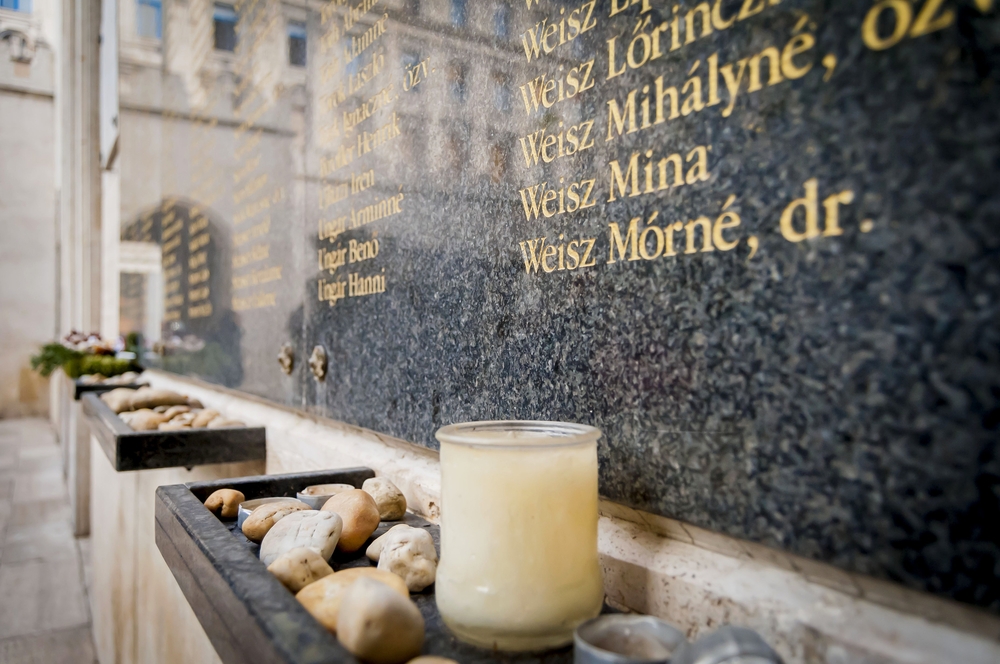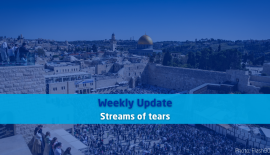Holocaust denial
The Holocaust refers to the systematic genocide of Jews and other population groups during World War II. Holocaust denial, also called Holocaust revisionism, is the partial or complete denial of these events. This form of antisemitism is prohibited by law in countries such as the Netherlands, Canada, and Germany. Yet some people question the facts of the Holocaust.
Holocaust revisionism

In 2016, the British-America drama film ‘Denial‘ was released. The film tells the story of the true court case between Holocaust denier David Irving and American historian Deborah Lipstadt.
The term Holocaust revisionism comes from historical revisionism. This is an academic term for the investigation of the correctness of facts from history. This type of research is used, for example, when new facts are discovered about a certain event. Holocaust deniers often use historical revisionism to prove their position.
According to many critics, however, they do not apply revisionism properly, since they immediately assume that the Holocaust did not take place. The facts are then adjusted in such a way that this first point of view remains credible.
Two kinds of Holocaust denial
Two groups can be distinguished within the Holocaust deniers. The milder Holocaust deniers believe that a Holocaust has occurred, but doubt the severity of the situation. For example, they do not believe that 6 million people died and they doubt the existence of the gas chambers.
The second group is more extreme in its views and does not believe there has ever been a Holocaust. They deny that there has ever been a Nazi program aimed at the destruction of the Jews. In fact, many of them believe that the Jewish community made up this ‘myth’ in order to gain sympathy from the world.





